The Mid-Autumn Festival and Tuanyuan
Key Terminologies of Chinese Culture and Thought
By Thorsten J. Pattberg, PhD
The Mid-Autumn Festival, or “Zhongqiu Jie,” is also known as the Mooncake Festival or the Moon Festival. It is not celebrated in the West, and terms like Zhongqiu Jie or the concept of “tuanyuan” (family reunion) are largely unfamiliar to Western audiences.
The Chinese term 团圆 (tuányuán) is featured at the Advanced Chinese Proficiency Test, HSK 7-9 level. It can function as a noun, as in “Reunion is one of the most important traditions during the Mid-Autumn Festival,” or as a verb. However, after years of living in China and experiencing its rich culture firsthand, I have come to believe that tuanyuan conveys far more than its simple Western translation suggests.
China Studies Is Being Militarized
Greetings! More insane harassment by the Thought Police. Amazon, the digital monopoly on books, won’t show you my China books exposing Western propaganda and lies EVEN if you type the EXACT TITLE into search! Shout-out to Indian scholar S. L. Kanthan for sharing this information.
In China, the concept of family remains a powerful positive force. The elderly are respected, parents are honored, and ancestors are venerated. Confucianism and Taoism are highly family-oriented moral codes, which stand in stark contrast to aspects of Western philosophy that often prioritize individualism and youth.
During the Mid-Autumn Festival, a tuanyuan means gathering with family, relatives, and close friends. For those abroad, it means connecting with fellow Chinese and foreign friends who share joy in the Chinese tradition.
The cultural weight of tuanyuan is rooted in millennia of Chinese history, from the Shang and Zhou dynasties, through the traditions of offering moon cakes to the moon goddess, and participating in uniquely East-Asian activities like the Lantern Festival. These feelings and cultural connotations are all embedded in the term tuanyuan. Its significance only deepens when we consider its role from the Tang to Qing dynasties, as Chinese culture spread across Asia.
The United States celebrates a national holiday in the autumn: Thanksgiving. However, this festival is based on an entirely different Western tradition, one that commemorates English colonialism in North America. For early American settlers, a physical family reunion was often impossible, as their families remained an ocean away in Europe.
It is a human universal to celebrate the harvest, a rhythm dictated by the earth’s rotation. Every culture has the right to name its festival and invent its own traditions, foods, and songs based on its geography, history, and beliefs.
However, it is a mistake to study China and force American terms onto its cherished traditions. I could call a student from China “Peter,” but his real name is Wei; doing so would distort his identity. If we permit this for Chinese thought, history, and culture, we might soon call the Zhou dynasty “Smith” or Confucius simply “a philosopher.”
I question why we still insist on translating everything Chinese. We live in a more globalized civilization than during the height of Western imperialism. Yet, Western institutions often resist Chinese loanwords with deep cultural meaning, such as wenming (文明, civilization), which is more spiritual than the Western concept, or shengren (圣人, sage), which is more family-based and ethical than a “saint.”
Tuanyuan is a return to the Chinese family. It is about prayers for children, a spouse, and a long life. It is not about celebrating the extermination of native peoples and the seizure of their land. It is about giving thanks for the harvest, not giving thanks to Christendom.
Etymologically, tuan (团) suggests a group or team, while yuan (圆) specifically means round, circular, or whole. Unlike the Latin-derived “reunion” (meaning “to unite again”), tuanyuan lacks the prefix of “again” and instead evokes a geometric and emotional sense of wholeness and consistency.
Accordingly, if I were to teach Chinese key terminologies, I would tell a beginner that tuanyuan means “to have a reunion.” For an intermediate learner, I would explain it as “the Chinese word for a specific kind of reunion.” For an advanced learner, I would simply say: “Tuanyuan is tuanyuan.”
This brings me to the metaphysical study of cultures. Historically, cultural study often meant appropriating original concepts and replacing them with Western equivalents. This made Western powers the masters of the universe and the arbiters over the definition of thought, while other civilizations were held back.
While some food terms like dimsum are acceptable in the West, we must further resist translating powerful Chinese concepts like De (德, virtue), Fa (法, law), Tianxia (天下, all-under-heaven), and Jingji (经济, economy). They are not precisely equivalent to their Western translations; they are Chinese De, Fa, Tianxia, and Jingji.
Are Western citizens incapable of memorizing foreign words? No, but they rarely hear them because entrenched translations act as a barrier. The true potential for Chinese key terminologies in the world is still untapped.
The Xin-Civilization - What The Chinese Can And Cannot Do
This week there will be an Academic Forum in Beijing on ‘Civilizations Amid Profound Changes’. It is organized by the world‘s largest academy for the social sciences: The Chinese Academy of Social Science or CASS.
Granted, there is no absolute right or wrong in translation studies because it is not a hard science. If it were, there would be no translation, only cultural replacement. Ideally, we should adopt Chinese loanwords whenever appropriate, which is almost always.
However, powerful Western centers in London and New York often seek to dissolve cultural, biological, and anthropological differences until we are left with a single, homogenized “humanity”—an American one.
Huge efforts in the West are underway to marginalize non-Western names, brands, and standards. America and Europe never experienced the martial prowess of the Qin, the majesty of the Han, the splendor of the Tang, or the prosperity of the Song.
Granted, the Chinese emphasis on their unique culture can sometimes overlook the universal human threads that connect Zhongqiu Jie, Thanksgiving, and the Japanese Chushu.
The forces of cultural homogenization can and will eventually reduce everything to a single global language.
The question is, who will put in more effort to include their ways?
The author is a German scholar and cultural critic.
We are testing DOWNLOAD BUTTONS. [Members only!] Go to the bottom of the following pages and download your research copies—FOR FREE!
→ The Human Farm *NEW
→ The Menticide Manual *NEW
→ Japan and Other Social Evils
SOON, The Dark Philosophy, and more… ❤️❤️


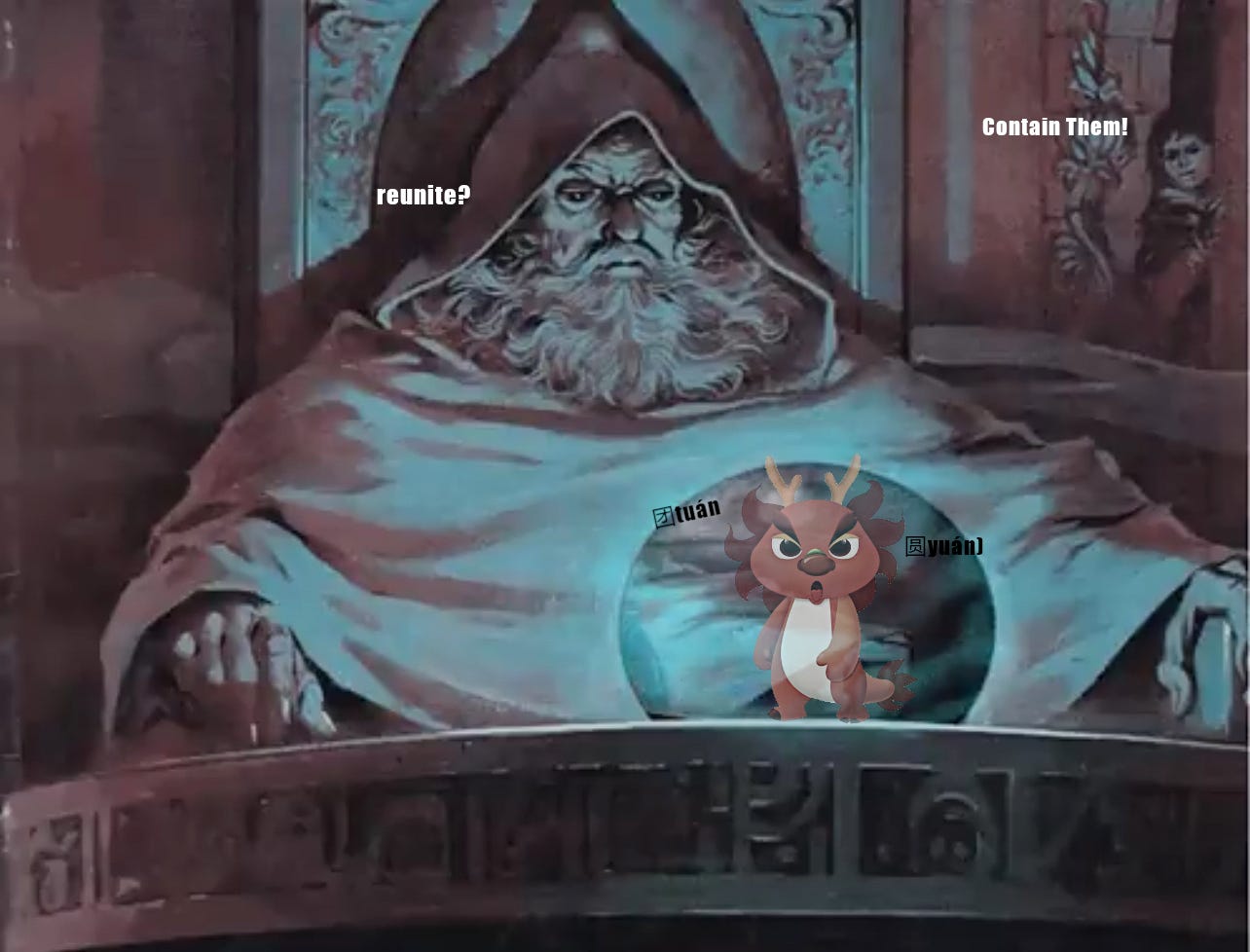
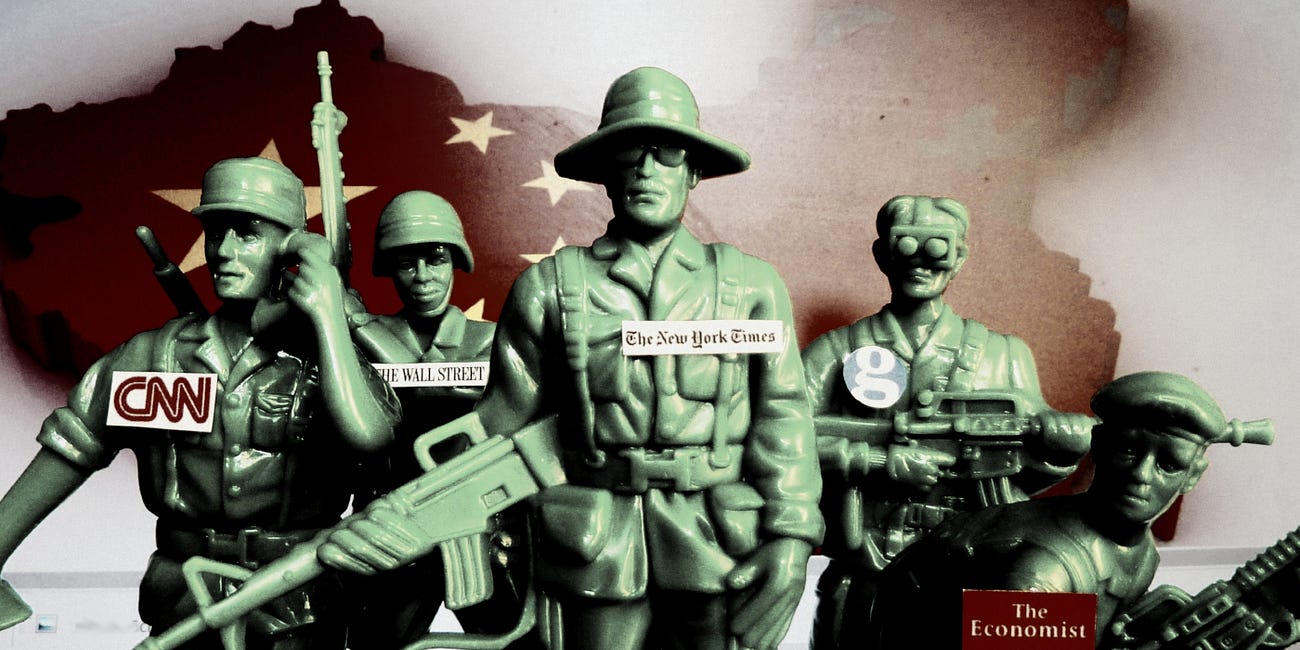
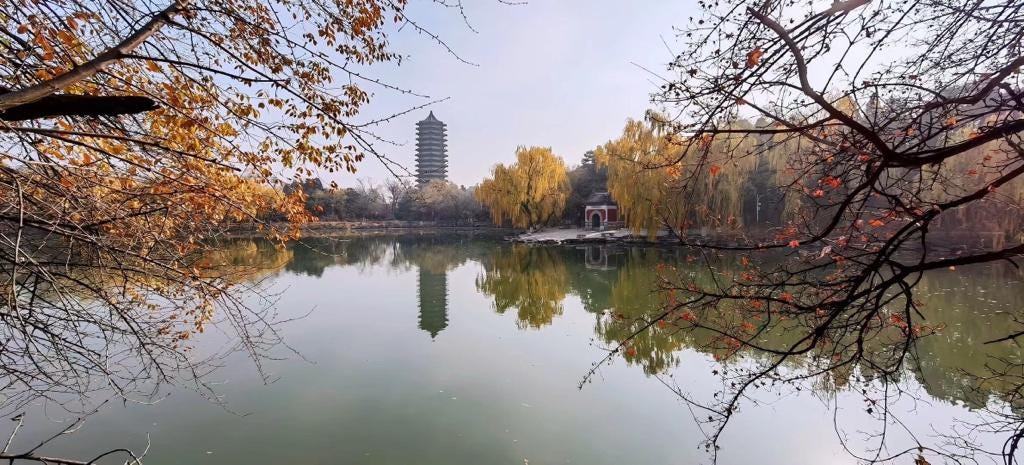
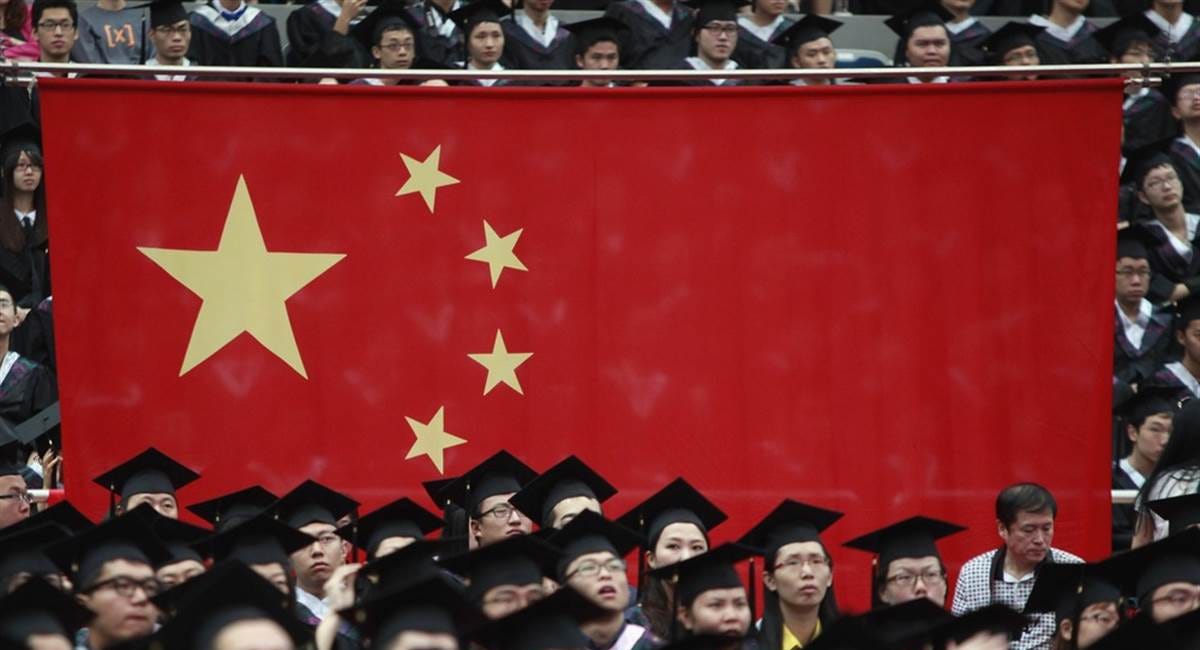


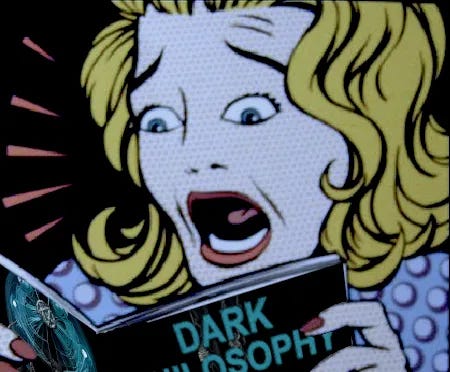
A fine and succinct explanation from a westerner with scholarly nous. Your book on shengren which I’ve studied is masterful. Your redirect to a wider audience is appreciated.
Mandarin is one of the five official UN languages, yet Chinese delegation speaks English. They got only themselves to blame. 😘